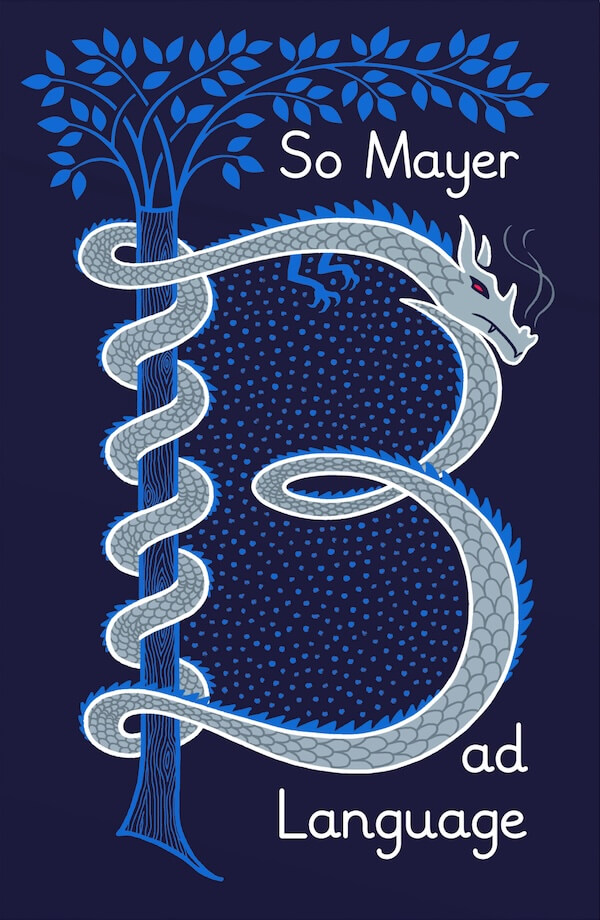
Heroines, New Edition
A manifesto reclaiming the wives and mistresses of literary modernism that inspired a generation of writers and scholars, reissued after more than a decade.
On the last day of December 2009, Kate Zambreno, then an unpublished writer, began a blog called "Frances Farmer Is My Sister," arising from her obsession with literary modernism and her recent transplantation to Akron, Ohio, where her partner held a university job. Widely reposted, Zambreno's blog became an outlet for her highly informed and passionate rants and melancholy portraits of the fates of the modernist “wives and mistresses," reclaiming the traditionally pathologized biographies of Vivienne Eliot, Jane Bowles, Jean Rhys, and Zelda Fitzgerald: writers and artists themselves who served as male writers' muses only to end their lives silenced, erased, and institutionalized. Over the course of two years, Frances Farmer Is My Sister helped create a community of writers and devised a new feminist discourse of writing in the margins and developing an alternative canon.







